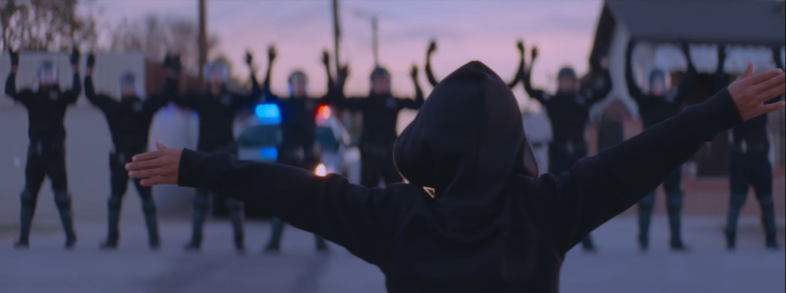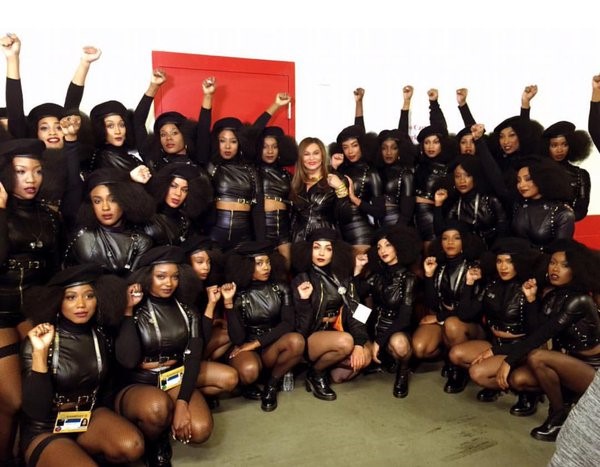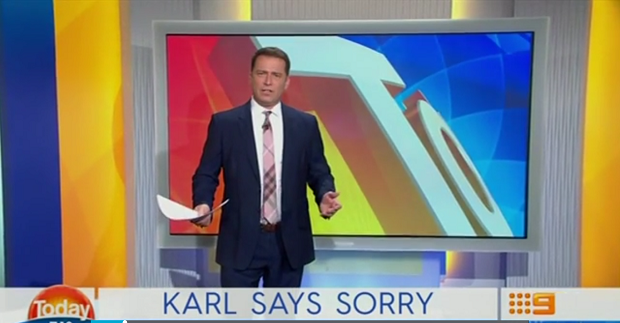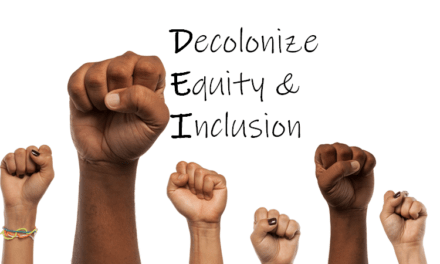![A Point of View: Beyoncé, “Formation”, and being your [unapologetic] authentic self](https://theinclusionsolution.me/wp-content/uploads/2016/02/beyonce-formation-car-braids.jpg)
It has been five whole days since Beyoncé blessed us all with the release of her latest single and music video, “Formation” –four whole days since she followed up that release with her Super Bowl halftime performance. If your Facebook or Twitter feeds are anything like mine, conversations around the music video and the performance are still being had. There has been no shortage of essays, analyses, and news programming that either praise, criticize, or take a deeper dive into the timeliness, relevance, and overall excellence (yes, I’m biased) of “Formation”.
I’ll admit, since the video’s initial release, I have lost count of the number of times I’ve watched it. On Super Bowl Sunday, Beyoncé’s performance was my main event, and even eased the disappointment of the Panther’s defeat. This is because “Formation” isn’t just a video, and Beyoncé’s half-time performance was more than just the intermission for one of the biggest nights in American entertainment. It all seemed so much bigger than her, the Super Bowl, and a marketing ploy to promote an upcoming tour. From my point of view, “Formation” was symbolic. It represented Beyoncé’s [unapologetic] Black southern pride and our collective experience of being Black [women] in America.

Screen shot from Beyoncé “Formation” video
Even though Beyoncé’s fan base transcends race & gender and her wealth certainly grants her a socioeconomic privilege not experienced by many, it seemed as if “Formation” was her reminder to us all that she is still Black and proud of it. Her performance at the Super Bowl was a reiteration of that fact.
But what I find most impressive and understated is the boldness and courage required to accomplish what she did. In a stadium full of a majority white audience, on live TV in front of, who former New York City mayor Rudy Giuliani described as, “middle” (perhaps, code for White?) America, Beyoncé marched out on that field in formation, with her crew of beautiful Black women, rocking their afros, berets, and raised fists.
Her performance paid homage to the women of the Black Panther Party (BPP), an organization known for its efforts to uplift and protect the Black community in the 1960’s. It all seemed so timely. Not only does 2016 mark the 50th anniversary of the BPP’s founding, but the performance was also just two days after Trayvon Martin’s birthday and on the same day as Sandra Bland’s, both of who’s deaths have fueled the social justice movement. Not to mention, February is widely known as Black History Month. This timing and intentionality is a big deal from my point of view.

Dancers from Beyoncé’s Super Bowl Halftime Performance
I would posit that very few people [of color or of other non-dominant identity groups] would be comfortable doing what she did: being their unapologetic, authentic selves in “mainstream” spaces. For example, how many of us would honestly be comfortable waltzing into our corporate offices with a Black Lives Matter shirt on for casual Fridays (even though it’s a movement we believe in)? As a diversity and inclusion practitioner, I have personally experienced this inclination to “cover,” as to not compromise my approachability and appease the comfort of others. I have been advised by colleagues and mentors that I should reconsider positioning myself with “too many” Black organizations, and limit my commentary on “Black” issues, as not to be perceived as being too “pro-Black.” So, kudos to Bey.
Having to “cover” is exhausting. So exhausting, that I have begun to question, why? What is wrong with being pro-Black or an outward feminist or pro-[insert historically marginalized identity group here]. Pro-Black doesn’t mean anti-all other races, any more than being a proud American means anti-Canadian.
Being proud about her history and culture, and calling out the systemic flaws of our country, in her own way, do not make Beyoncé anti-American. Just like being a diversity and inclusion practitioner, who is outwardly pro-Black, a feminist and committed to bringing awareness to the structures that continue to marginalize Blacks in this country shouldn’t deem me exclusive or any less effective. Quite the contrary, practitioners and researchers have found that “inclusion starts with I,” and understanding self is key to truly being competent across differences. One of my Georgetown professors used to constantly remind us that our “use of self,” was the most valuable tool in our diversity and inclusion practitioner’s toolkit.
Oddly enough, Beyoncé, “Formation” and her Super Bowl performance were a reminder for me—a reminder to be unafraid of being my [unapologetic] authentic self. With time and reflection, hopefully sooner, rather than later, I, too, will be getting in formation.
I think it is important to note that such boldness does not exist without reproach. Some people will not approve—much like the [misinformed] organizers of the upcoming “Anti-Beyoncé” Protest.


















